 Nearly eight months after President Donald J. Trump signed his executive order “Buy American and Hire American,” an expert on certifying whether goods are made in the United States shared with Big League Politics the challenges in certification and enforcing Trump’s intentions.
Nearly eight months after President Donald J. Trump signed his executive order “Buy American and Hire American,” an expert on certifying whether goods are made in the United States shared with Big League Politics the challenges in certification and enforcing Trump’s intentions.
Adam Reiser, the CEO and founder of Certified, Inc., told Big League Politics he is seeing no action in the executive branch to move the president’s executive order forward.
A source familiar with how the White House drafted the executive order told Big League Politics: “There are zero teeth in it, you know? Let’s of fanfare, lots of publicity, back-slapping and hand-shaking with Trump–and now, it is getting resisted, like as if it meant nothing.”
According to the president’s directive, all agencies were supposed to have turned into both the Department of Commerce and the Office of Management and Budget how they plan to comply. These plans are to include, searchable databases of certified vendors, storage arrangements for the documents and simplifications of their internal procurement procedures.
Reiser said Trump’s executive order was the president’s attempt to bring federal procurement back in synch with the law.
The Buy American Act of 1933 was signed by President Herbert Hoover the day before he handed over the White House to President Franklin D. Roosevelt. The Act was championed by Rep. Joseph W. Byrne, (D.-Tenn.), then the chairman of the House Appropriations Committee and later Speaker of the House.
Byrne’s idea was that given support by the Hearst newspapers and by Hoover’s Commissioner of Customs Francis F.A. Eble, who would go on to start the Buy American Club.
“The law says that the U.S. government has to show preferential treatment to U.S. manufacturers,” Reiser said. “It is so the government has to buy from its own.”
Reiser said that from the 1970s, the federal government has been providing waivers to the 1933 law. “In the 1980s and 1990s, it has picked up big-time.”
When the president signed Executive Order 13788, the White House was optimistic.

A senior administration official speaking on background on Easter Monday, the day before the executive order was signed in the headquarters of the tool company Snap-On in Kenosha, Wisconsin, said the executive order would correct the abuse of the Buy American Act waiver process.
“Okay, so the culture immediately changes across the agencies. We have a lax enforcement, lax monitoring, lax compliance,” the official said. Continue reading Adam Reiser: Trump administration struggles to enforce ‘Buy American’ EO 13788


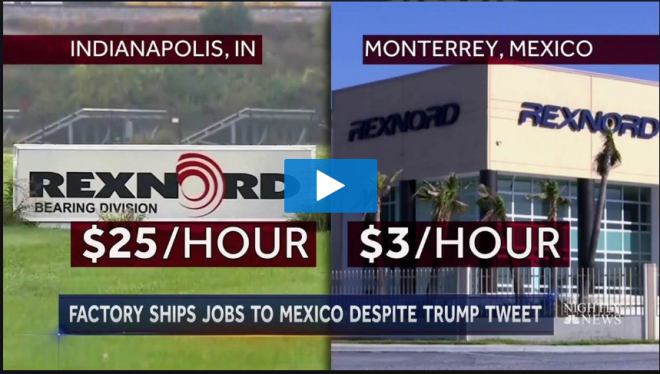

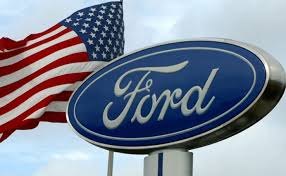
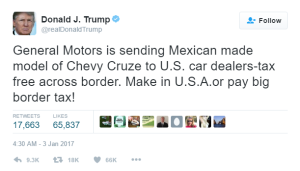

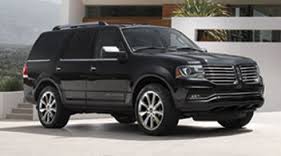 t year, he took credit for Ford moving work from Mexico to Ohio, while the automaker had already made the decision in 2011 – long before Trump announced a run for president.
t year, he took credit for Ford moving work from Mexico to Ohio, while the automaker had already made the decision in 2011 – long before Trump announced a run for president.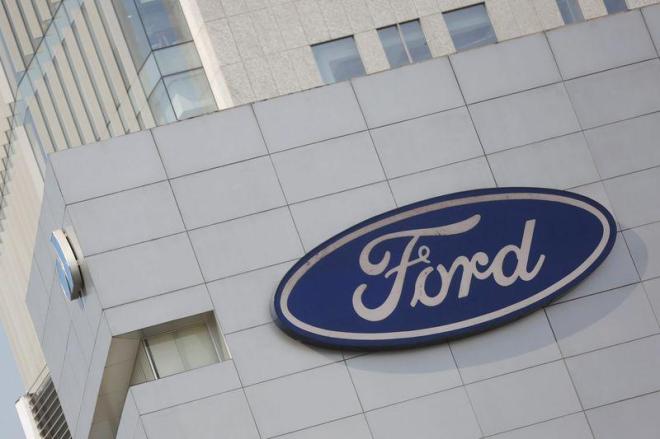


You must be logged in to post a comment.